6 interesting and important classes all students should be aware of
An art class takes place in full swing at WA.
As an incoming freshman to WA, I was overwhelmed by the entire idea of high school, and especially by the wide array of options I had when it came to course selection. So here is a list of seven classes that new freshmen and any underclassman should be aware of while planning schedules. These classes are sure to liven up your school day and bring you fulfillment that isn’t just academic.
1. Personal Finance Management
Out of all of the classes on this list, this may look like the most academic and practical, and for good reason. Designed to help students learn to financially plan for their future, Personal Finance covers much-discussed but never-taught topics such as taxes, incomes, and budgets; learning about these concepts earlier on in life is sure to benefit anyone in the future.
“Understanding how money works, how to avoid debt, and how to responsibly spend and invest for your future is a life skill that all students should have,” Personal Finance teacher Gina Mustoe said.
2. Forensic Science/Biotechnology
This class consists of everything one may think of when hearing the word forensics: learning about criminal cases, examining various types of evidence (like blood or DNA), and even a simulated crime scene. Furthermore, it is a great science class to take for anyone planning to major in anything forensics-, criminology-, or even law-related. Not only that, but Forensics is also a class that helps to further critical thinking skills.
3. Ukulele
Ukulele may seem like an oddball on this list. Although one may be inclined to discard the choice, learning a musical instrument is a great way to exercise the mind. Taking Ukulele would also help free up some space in a relatively hectic high school schedule and allow for a break during the day.
“I still play [ukulele] in college and it helps me relax now,” WA alumnus and college freshman Riana Kelley said. “It’s one of my favorite things to do when I’m feeling really stressed.”
Ukulele is offered at three levels in WA, each successive level requiring the previous class as a prerequisite (a class one needs to take as a requirement before taking another). Additionally, other options for instruments taught at WA include guitar and piano.
4. Studio Art and other art courses
Although Studio Art requires students to take Foundations of Art I (Foundations II is not a prerequisite) before it, it is still a fulfilling and calming, yet engaging, class for those who appreciate art.
“Instead of memorization you get to find your visual style [as an artist] and explore it,” junior Emma Ditmars said. “You’re also surrounded by artists that you can take inspiration from and exchange tips with.”
Indeed, the visual arts program as a whole is a very diverse one where student-artists can find their own styles and talents. From Ceramics to Moviemaking to AP Art and Design, there are many different ways students can branch out and build a diversified schedule that will simultaneously impress colleges while also providing a respite from more difficult core classes.
5. Child Development
A great class for students pursuing careers in education, medicine, nursing, or in a child-care setting, Child Development discusses the journey of growing up. Besides being interesting, the class also aims to help students appreciate the relevance of child development to their own lives.
“It’s also a laid back, slower paced class than many of the academically rigorous courses we have at WA, so it gives students a little breathing room in their schedule,” Health and Child Development teacher Melanie Jozokos said.
6. Creative Writing
When one thinks of creative writing, they usually think of an overworked author at a desk, furiously typing or scribbling, a pile of crumpled paper next to them. However, that’s not what this class is. In Creative Writing, students are welcome to share their own stories, debate and discuss writing with their peers, and write memoirs, poems, and short stories.
“The creative writing workshop is an environment where writing can find its purpose through the imagination,” Creative Writing teacher Jason Humphrey said. “It’s a place where meaningful experience originates from an intuitive space rather than an academic one.”
Ultimately, even though many of these classes are not available to freshmen, being aware of them and knowing that they will be options in the future is very important. Taking just one class may help any student change their perspective on their own future and discover something new that they have a newfound passion for. It is a good practice to keep your options open and try new things in high school; even though you may not be able to take a class, there are many related clubs that may similarly change your high school experience.

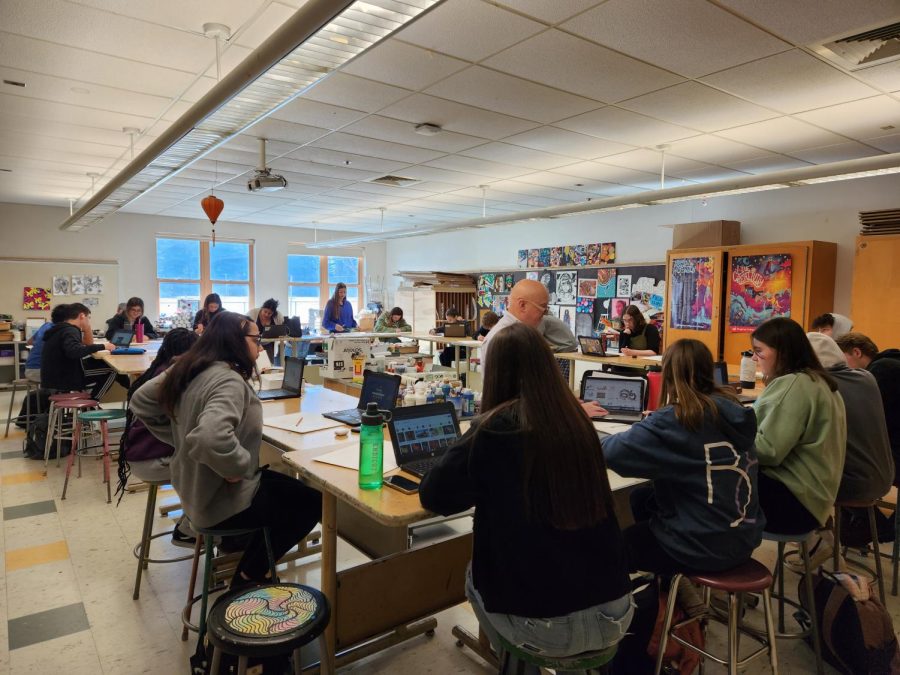
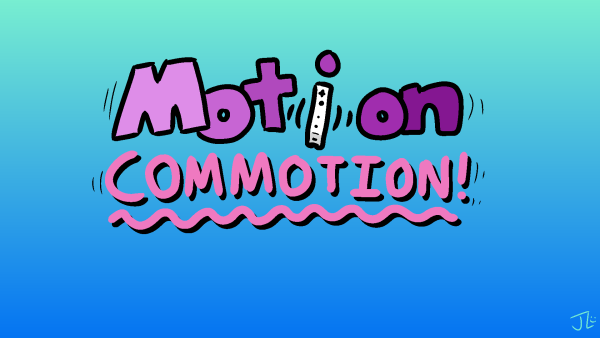
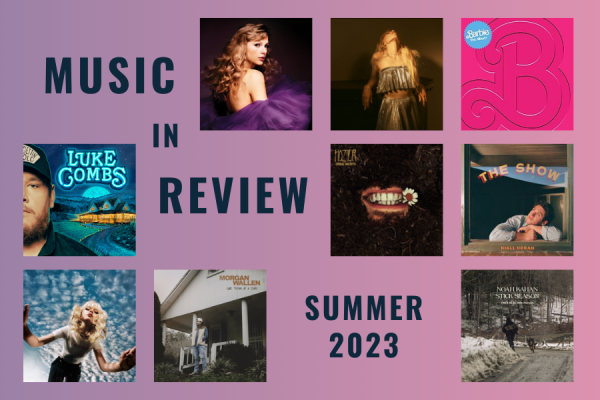

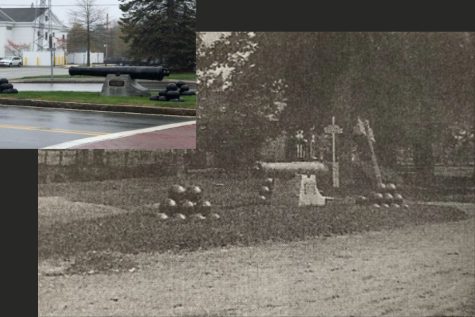


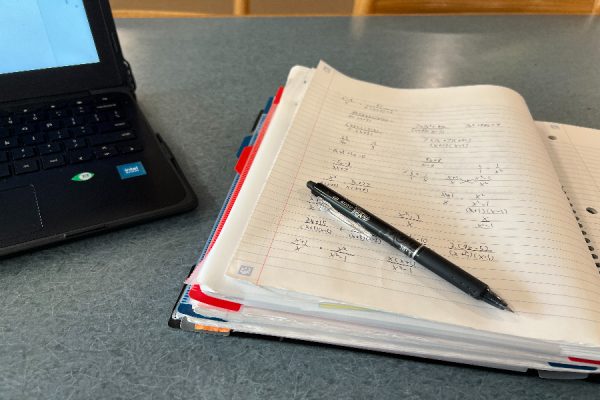

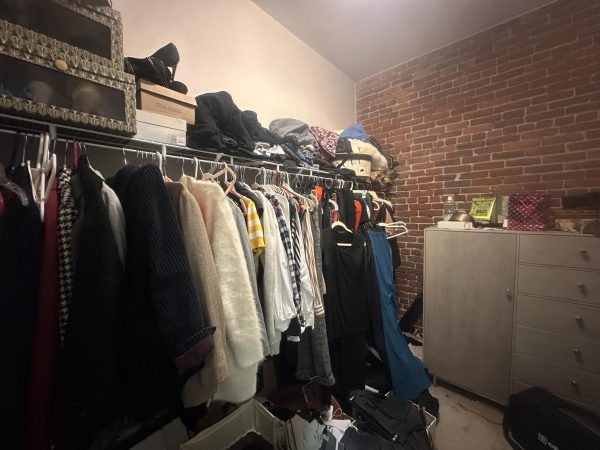
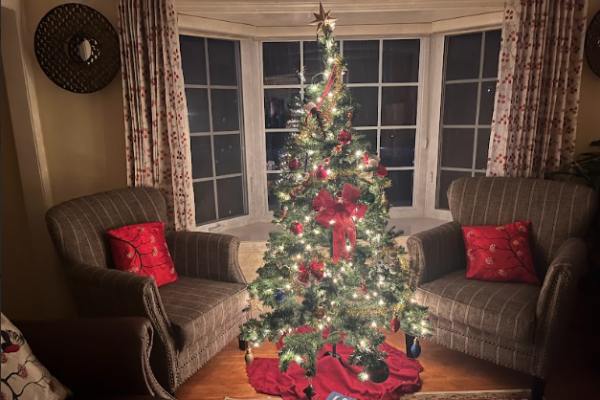
Karen St.George • Feb 2, 2023 at 3:12 pm
Great suggestions!